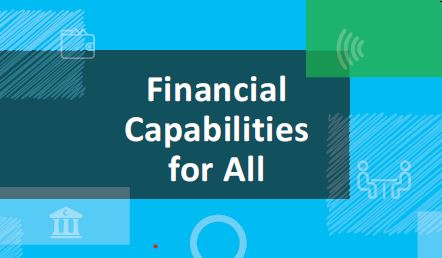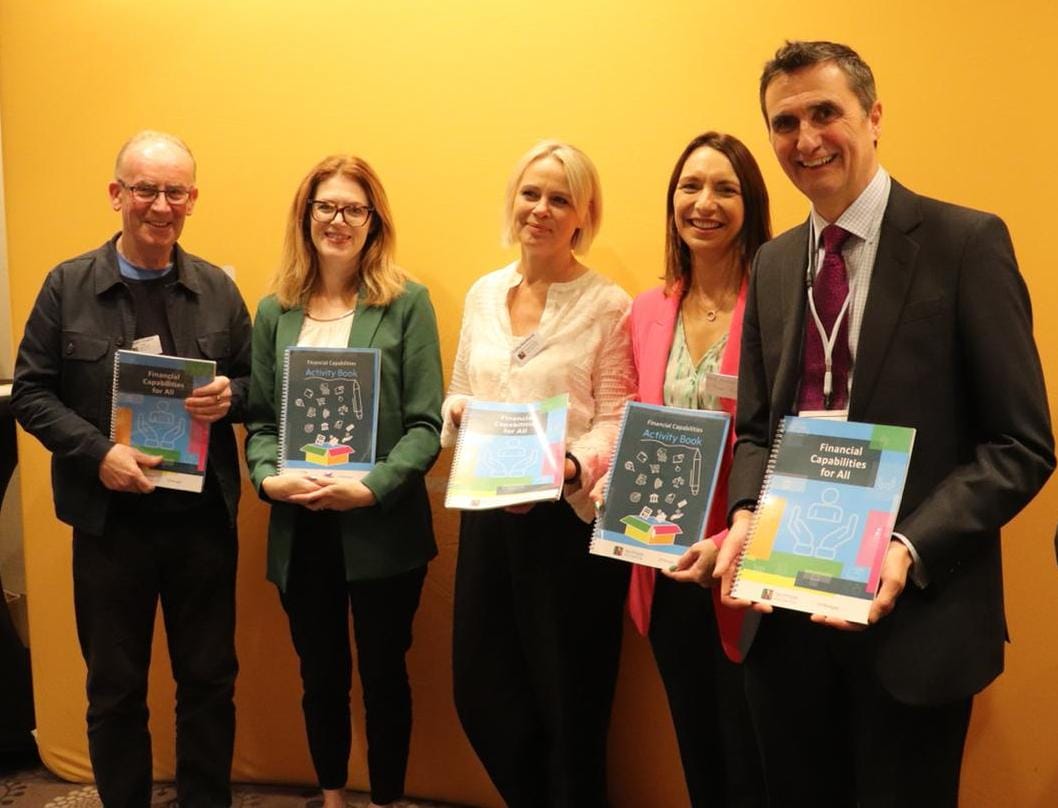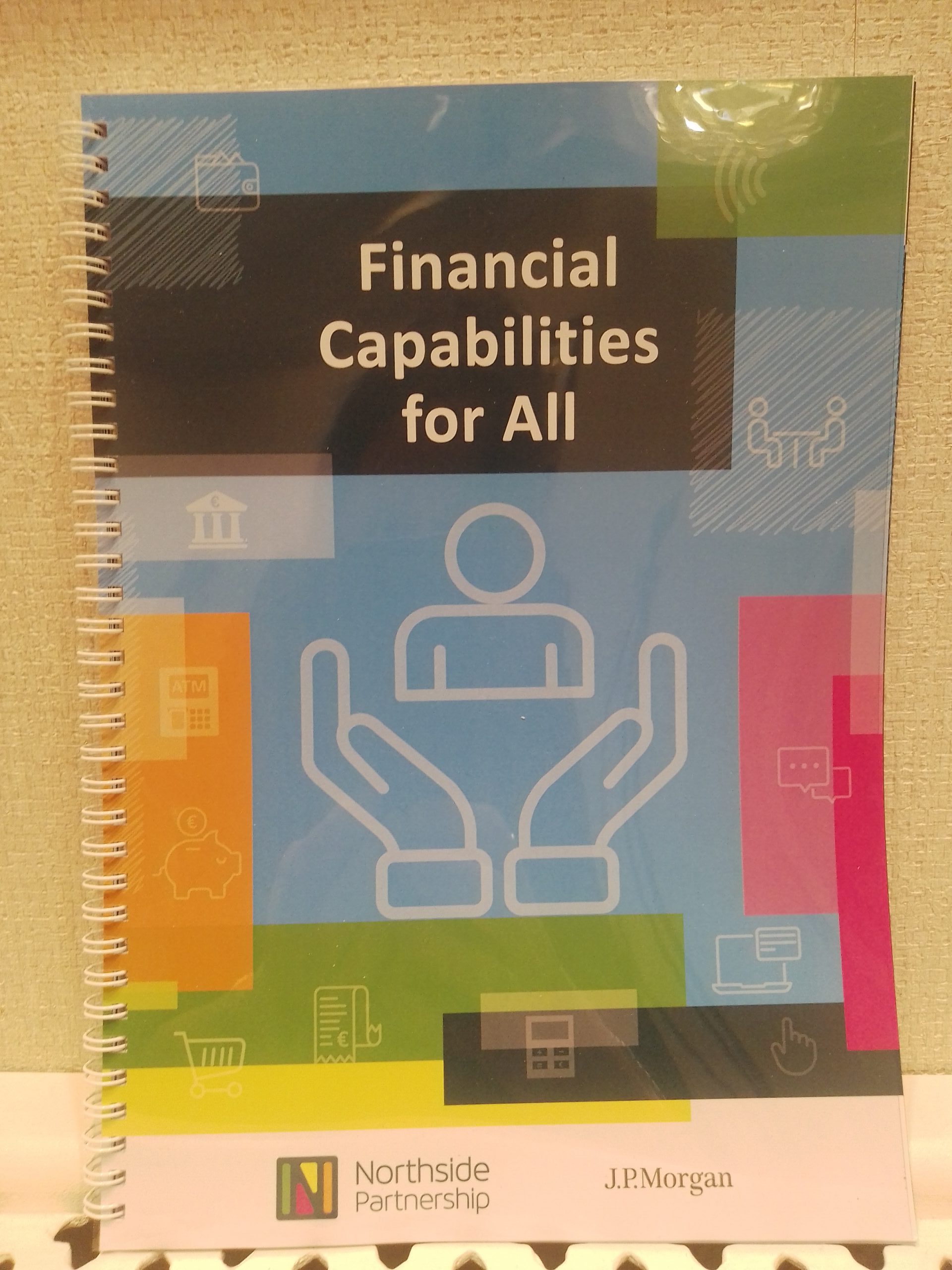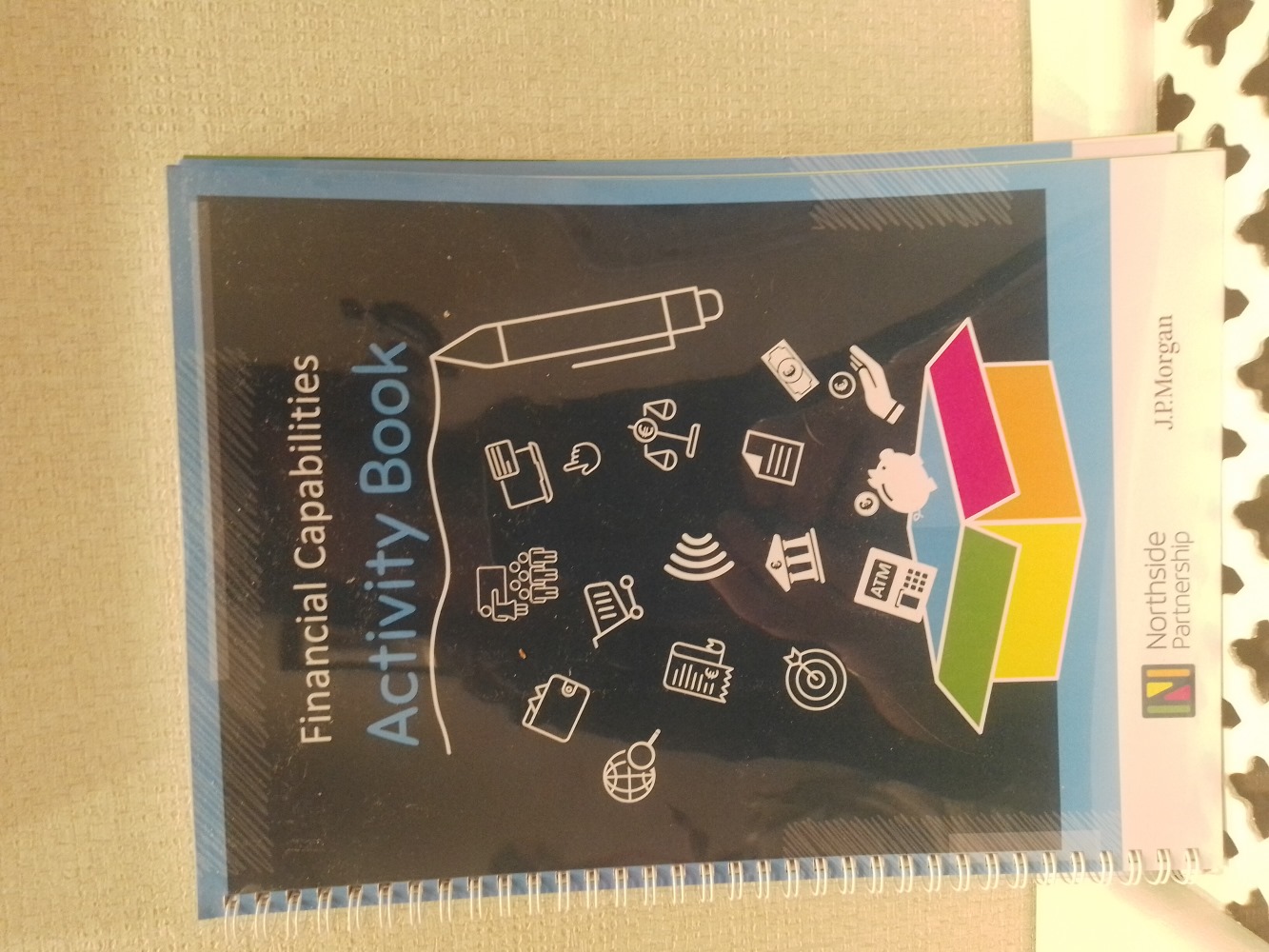
New Financial Capabilities Programme Empowers Individuals At Risk of Financial Exclusion
- Oct, 2024
- |
- Local Development
- |
Northside Partnership, in collaboration with St. Michael’s House and supported by J.P. Morgan, proudly announces the launch of Financial Capabilities for All, an innovative toolkit designed to support individuals, including people with intellectual disabilities and those at risk of financial exclusion, in developing essential financial skills. The programme also targets young people aged 16+ transitioning into adulthood, providing them with the tools they need to confidently navigate their financial future.

Financial Capabilities for All is more than just a financial literacy tool. It takes a holistic, Advantaged Thinking approach that recognises every individual’s potential to learn, grow, and manage their financial lives with the right support and opportunities. The programme offers a comprehensive Users’ Workbook and Facilitators Manual, empowering both individuals and those working to guide them, such as educators and support workers, to foster financial skills that lead to greater independence.
“Through our work with St. Michael’s House and our Horizons project, which helps people with intellectual disabilities transition to independent living, we saw firsthand the challenges individuals face when managing their finances,” said Angela Shafer, Community Education Officer at Northside Partnership. “But we also recognised the immense capacity for growth in this area. With the right resources, people can take control of their finances and gain a new level of autonomy, not just in the short term but throughout their lives.”
The toolkit covers 14 essential topics, including “Where Does My Money Come From?” and “Staying Safe Online,” offering guidance, methodologies, and accessible content that cater to a wide range of learning styles and needs. Developed over two years through collaboration with individuals from day services, the resources reflect the real-world challenges people face while offering practical solutions and skill-building exercises.

 At the core of Financial Capabilities for All is the belief in an individual’s ability to thrive when provided with meaningful opportunities. This capability-led approach is further reinforced by the principles of the Assisted Decision-Making (Capacity) Act, which supports people in making informed decisions about their lives.
At the core of Financial Capabilities for All is the belief in an individual’s ability to thrive when provided with meaningful opportunities. This capability-led approach is further reinforced by the principles of the Assisted Decision-Making (Capacity) Act, which supports people in making informed decisions about their lives.
“The programme was designed not only for people with intellectual disabilities but for anyone who is at a financial crossroads—whether transitioning from school to work, from dependence to independence, or simply looking for greater control over their financial situation,” added Shafer.
Financial Capabilities for All has the flexibility to be applied in different contexts, from Transition Year (TY) programmes to Tus programmes and beyond. It is set to become a valuable resource for individuals and groups, helping them build financial confidence, enhance their money management skills, and achieve greater independence.
